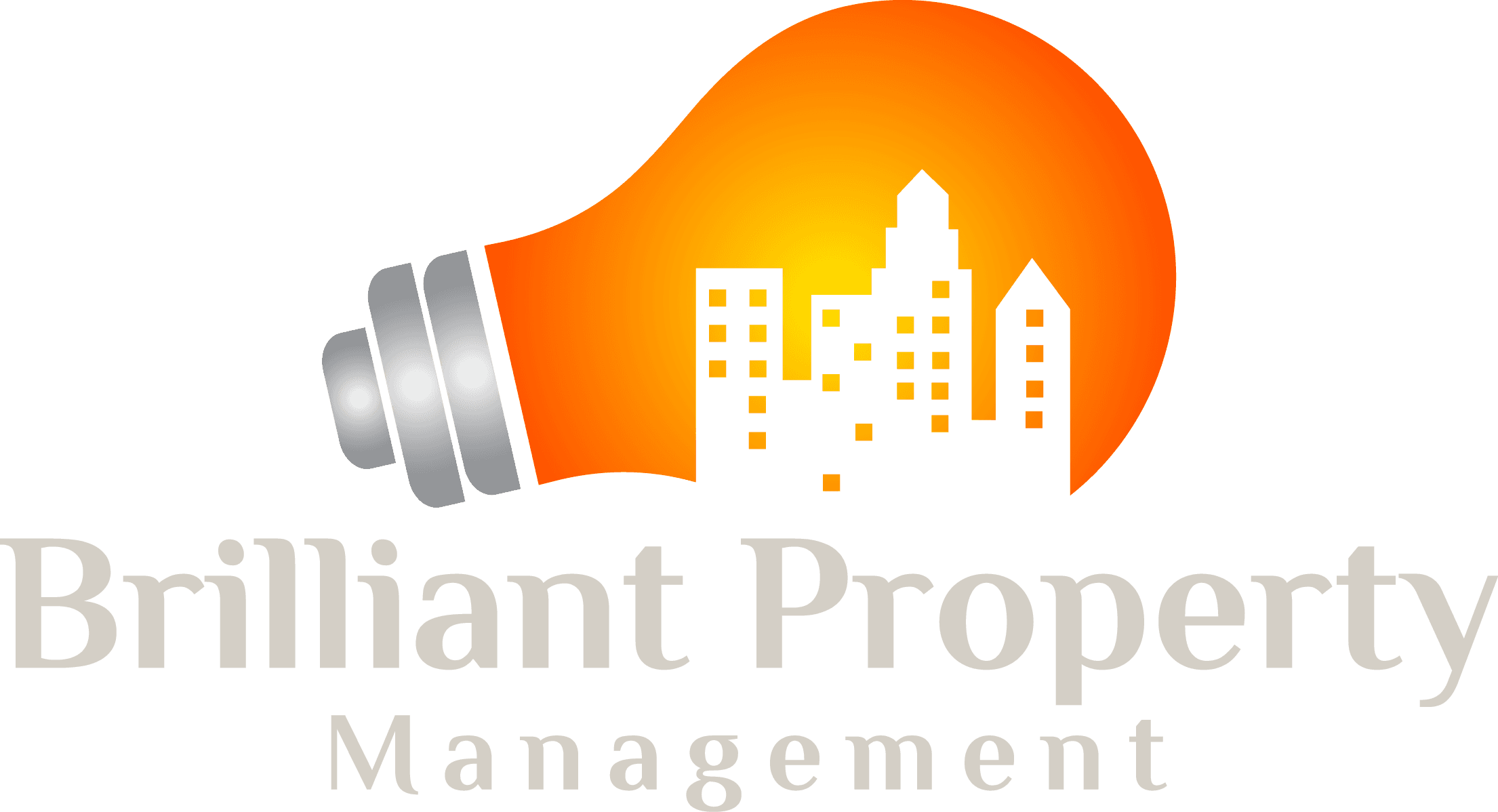Choosing the right condominium management company is a critical decision for any condo board. Any company you interview will likely make the same claims: they have the best managers, the best training, pay extra attention to their clients, and will stay on top of your building’s needs at all times. Larger companies might emphasize their depth of knowledge, while smaller ones will highlight their flexibility and access to top personnel. This isn’t helpful, as it often comes down to which company has the best sales pitch.
Boards must know which questions to ask to ensure they can tease out real differences, of which there might be many. Here are some essential questions to consider during your next interview or RFP:
Do you have a CPA on staff? This question is designed to determine if the company’s accounting department has the necessary expertise or if they rely solely on bookkeepers. A Certified Public Accountant (CPA) on staff indicates a higher level of financial oversight and professionalism, ensuring that the condo’s finances are managed accurately and transparently. It also shows that the company is willing to pay more money to invest in their services, at the expense of higher profits.
How do you ensure each condo gets the right expertise when they need it? Managers handle a wide variety of issues, from project management to complex legal questions. This question aims to find out if the company relies on jack-of-all-trades managers or if they have specialized experts available. A company with a network of specialists can provide tailored solutions to complex problems, ensuring that your condo gets the best possible advice and service. If they do have specialists on staff, how are they brought in to each property, and is there an extra cost?
How do you choose your vendors? This question helps uncover whether the company plans on pushing their own vendors or if they are open to using existing vendors familiar with your building. A follow-up question could be to ask if vendors need to pay to be on their preferred list. This can reveal potential conflicts of interest and ensure that vendor selection is based on quality and suitability rather than financial incentives.
If we hire you, what would your first 3 months look like? What about 6 months? This question is designed to assess the strategic thinking of the company. Are they planning on simply keeping the lights on, or do they have a broader plan or vision for your condo? A detailed and strategic approach in their response indicates that they are proactive and committed to continuous improvement.
How many condos/units will our manager be responsible for? Understanding the ratio of managers to units can give you insight into how much attention your condo will receive. If a manager has too many units to oversee, they may not be able to provide the level of service and attention your building requires. For buildings hiring a full-time manager, the question should still be asked about the company’s other managers. This comes down to profit vs quality, and is a good window into how the company operates, and how much they invest in their services.
Will you let us speak with a board member of a building where you lost the contract? This is a tough question and not all companies will agree, but the goal here is to learn whether the management company can leave on good terms when things do not go well. Did they hand over corporate documents properly, or did they leave the next company in a mess? Speaking with a former client can provide valuable insights into the company’s professionalism and integrity.
How long have you had your longest contract for? This question helps you gauge the company’s ability to maintain long-term relationships with their clients. Longevity in contracts can be a good indicator of client satisfaction and consistent service quality, especially as board composition changes over longer periods of time.
What is the average Maintenance fee increase for your portfolio this year? While there are many variables to consider, this question helps you understand if the company is organized enough to provide a clear answer. It’s also useful to see how they manage financial planning and fee increases across their portfolio, although a lower number isn’t necessarily what you’re looking for, since there are a lot of variables at play. The key is how well the company can explain it.
How do you track different metrics or KPIs? Does the company track performance metrics to monitor how well they are managing your building? Most companies operate without a clear plan or metrics to show their performance. A company that tracks and reports on key performance indicators (KPIs) demonstrates a commitment to accountability and continuous improvement.
By asking these questions, condo boards can better differentiate between management companies and make an informed decision based on real, tangible differences rather than just the best sales pitch.
For condominiums outside of the GTA looking to make a change, please feel free to reach out for help with your RFP and bid process.
